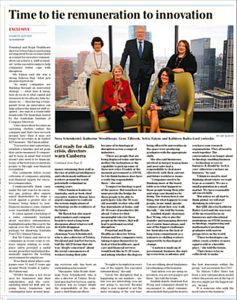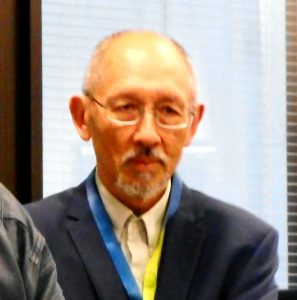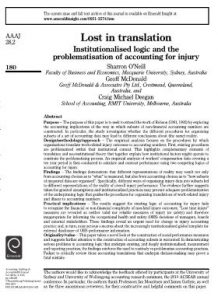 One of the best elements of Sidney Dekker’s new Safety Differently documentary is that he is only in it for a few of its thirty minutes. It is not that he has nothing to say but the expected audience for this documentary would already be familiar with Dekker’s take on Safety Differently.
One of the best elements of Sidney Dekker’s new Safety Differently documentary is that he is only in it for a few of its thirty minutes. It is not that he has nothing to say but the expected audience for this documentary would already be familiar with Dekker’s take on Safety Differently.
This documentary provides what has been needed for the Safety Differently movement for some time – case studies, trials and experiments. It was always possible to understand the theory but it was difficult to see how the theory would be implemented. Partly this was because the implication was that Safety II concepts replaced Safety I. Rather Safety Differently is a transition from I to II and over a considerable time.
This documentary, which is free to view and released on October 10, 2017. includes three stories – one each from oil & gas, health care and retail supermarkets.



 There is an increased blurring between the workplace, work and mental health. In the past, work and life were often split implying that one had little to do with the other except for a salary in return for effort and wellness in preparation for productiveness. This split was always shaky but was convenient for lots of reasons, one of which was the management of occupational health and safety (OHS). However that perceptual split is over, now that mental health has come to the fore in many OHS considerations.
There is an increased blurring between the workplace, work and mental health. In the past, work and life were often split implying that one had little to do with the other except for a salary in return for effort and wellness in preparation for productiveness. This split was always shaky but was convenient for lots of reasons, one of which was the management of occupational health and safety (OHS). However that perceptual split is over, now that mental health has come to the fore in many OHS considerations.
